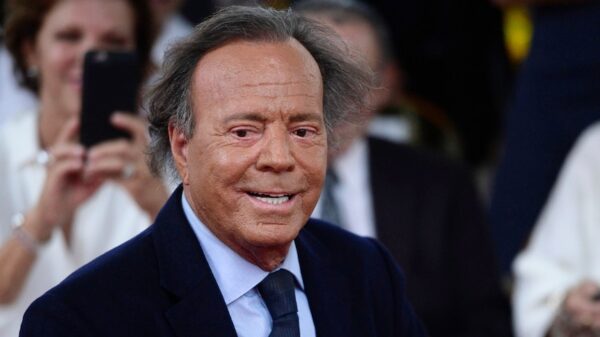The Nobel Peace Prize has a long history of being awarded to nominees who often spark debate and controversy. Recent discussions have centered on the potential nomination of Donald Trump, with some claiming he could be a deserving recipient due to his role in facilitating a ceasefire agreement between Israel and Hamas. However, this situation raises significant ethical questions given the actions of his administration, which has been accused of enabling military aggression in Gaza, leading to substantial humanitarian crises.
Should the Nobel Committee choose to honor Trump, it would be awarding a figure associated with ongoing violence and suffering. According to Tom Fletcher, the UN humanitarian chief, the situation in Gaza has resulted in severe famine and loss of life. While Trump’s involvement in negotiating a ceasefire might appear a diplomatic success, critics argue it does not erase the complexities of his administration’s foreign policy.
Controversial Past Recipients
The Nobel Peace Prize has frequently recognised individuals whose actions have been met with skepticism. One of the most contentious awards occurred in 1973 when the prize was given to Henry Kissinger, the then-U.S. Secretary of State. Kissinger was lauded for orchestrating the withdrawal of U.S. troops from Vietnam. Yet, his legacy is marred by his role in advocating for nuclear weapons proliferation and involvement in covert military operations in Laos and Cambodia.
Kissinger’s political philosophy, which prioritised practical objectives over humanitarian concerns, has drawn criticism. Many view his actions as prioritising geopolitical strategy at the expense of human lives, raising questions about the criteria used by the Nobel Committee when selecting honorees.
Another award that sparked controversy was given in 2013 to the Organisation for the Prohibition of Chemical Weapons (OPCW). The decision came in the wake of international outrage over the use of chemical weapons in Syria. The award was seen as a recognition of the OPCW’s efforts to combat chemical warfare. However, subsequent investigations have challenged the integrity of the OPCW’s findings, particularly regarding their conclusions about the Syrian government’s use of chemical weapons in the city of Douma.
British journalist Peter Hitchens has reported on allegations that the OPCW suppressed internal assessments to align with the narrative of the Syrian regime’s culpability. This has led to a broader debate about the organization’s credibility and the politicization of its findings, with critics labelling dissenters as “war crime deniers.”
The Case of Gandhi
Perhaps the most glaring omission in Nobel Peace Prize history is the lack of recognition for Mahatma Gandhi. His commitment to non-violent resistance against British colonial rule left a profound impact on civil rights movements worldwide. Despite his significant contributions to peace and justice, Gandhi was never awarded the Nobel Peace Prize, even during his lifetime from the 1920s until his assassination in 1948.
Gandhi’s philosophy inspired countless individuals and movements, yet the Nobel Committee’s failure to honour him has been a subject of reflection among historians and political analysts. Many British officials privately admired Gandhi, recognising his influence even as they sought to maintain control over colonial India.
As the Nobel Peace Prize continues to generate debate, the committee faces ongoing scrutiny regarding its selection process. The tension between political realities and the ideals of peace remains a challenging landscape. The decisions made by the committee reflect not only the values of today but also the complexities of global politics.
Colin Alexander, an academic, has no financial interest in any organization related to the Nobel Prize and has disclosed no relevant affiliations beyond his academic position.

































































